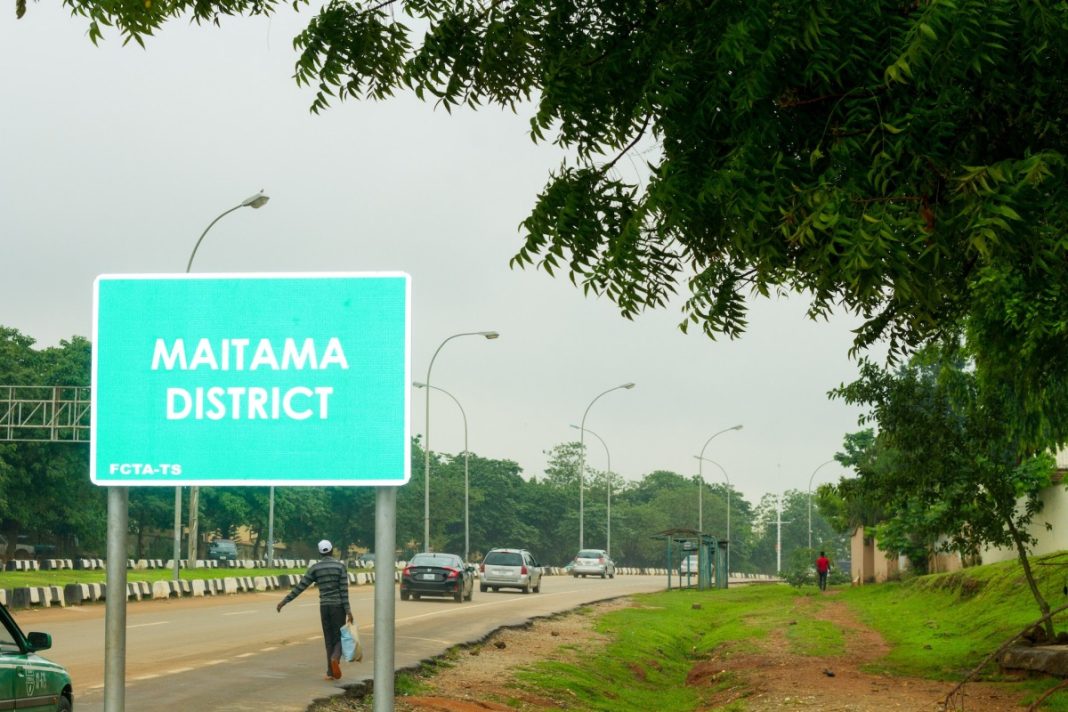ABUJA, Nigeria — The Nigerian Geological Survey Agency (NGSA) has reassured residents of the Federal Capital Territory (FCT), Abuja, that recent earth tremors recorded between September 13 and 17 do not pose a significant threat.
In a statement released on Wednesday, September 18, 2024, NGSA Director-General, Professor Olusegun Ige, confirmed that the tremors were of low intensity and have been closely monitored by the agency’s seismic stations.
The NGSA’s monitoring station in Katampe recorded multiple seismic events, with the frequency and intensity peaking on September 16.
Areas most affected by the tremors include Mpape, Katampe, and Maitama, but the agency has assured residents that the events fall between weak and light on the Modified Mercalli Intensity Scale, indicating minimal risk.
“These ground movements are attributed to accumulated stress along fault lines in the region, which triggered the seismic events,” the NGSA explained.
Professor Ige emphasised that the agency is conducting real-time monitoring to provide updates and ensure public safety.
On-the-spot assessments have been carried out, and the agency has maintained vigilance in tracking any significant developments in the affected areas.
“Six of these events were captured on the 14th of September, while over 21 events were captured on the 15th with higher intensities. More than twenty events were recorded on the 16th of September. The intensity and frequency of the tremor appear to increase from the 13th to the 16th September,” the NGSA noted in its statement.
The tremors were attributed to geological stress along fault lines in the region, with sources located less than 5 kilometers from the Katampe monitoring station.
However, NGSA has urged residents to remain calm, stating that the situation is being closely monitored and does not currently warrant alarm.
The agency’s reassurance follows growing concerns among residents who experienced the tremors.
Although ground movement in the region is rare, the NGSA has emphasized that these seismic events are not unusual and pose no immediate danger.







